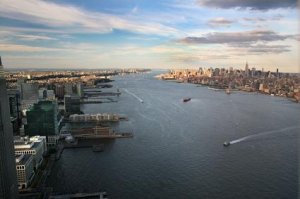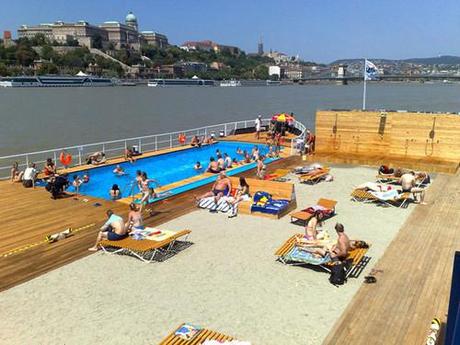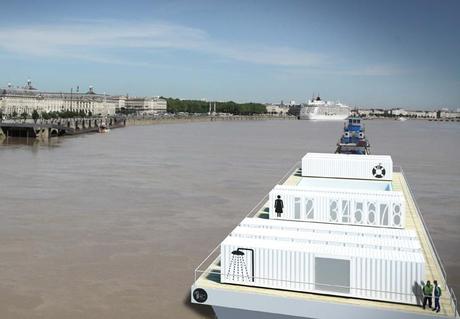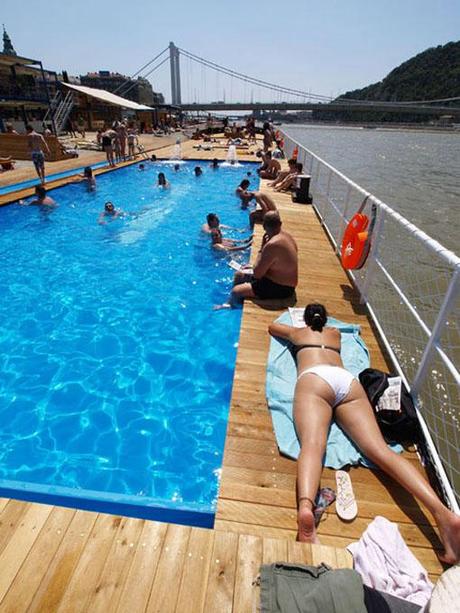 Pick any random city on planet earth, and take a look at it on Google Maps. Odds are, that city will be near the ocean, next to a lake, or have a river running through it. There are exceptions, of course. Las Vegas is out in the middle of the desert, and Atlanta doesn’t have much water around it.
Pick any random city on planet earth, and take a look at it on Google Maps. Odds are, that city will be near the ocean, next to a lake, or have a river running through it. There are exceptions, of course. Las Vegas is out in the middle of the desert, and Atlanta doesn’t have much water around it.There’s a very sensible reason for this trend. Most cities began in a time before cars and planes, so people needed water to get around. Bodies of water are economically useful and beautiful to look at, but by and large most city folk don’t really interact with rivers all that much.
 In fact, the city where I live, Pittsburgh, is a great example. Three rivers intersect pretty much smack-dab in the middle of the city. While the rivers offer a peaceful view in a busy city, the rivers can really be rather annoying because of the traffic bottlenecks they create.
In fact, the city where I live, Pittsburgh, is a great example. Three rivers intersect pretty much smack-dab in the middle of the city. While the rivers offer a peaceful view in a busy city, the rivers can really be rather annoying because of the traffic bottlenecks they create.By and large, river and lake real estate is vastly underutilized. They provide a pretty view, sure, but you’ll almost never see a Pittsburgher splashing about in the Ohio River.
That’s why the floating park designs in Budapest and the French city ofBoudreaux are so brilliant. Each of these cities has created a barge to act a sort of floating park, complete with a lounging area and swimming pool. These barges provide locals a way to interact with the rivers that are simultaneously so familiar and so alien.
 Most people won’t go swimming in city rivers because they’re perceived as dirty and they can be somewhat difficult to access. You’ll rarely see people swimming across city rivers, but those same people will happily take a dip in a swimming pool that’s floating on the river. Maybe it’s just a hygiene issue, but the filtered pools on these barges seem to make all the difference for locals who want to go for a swim.
Most people won’t go swimming in city rivers because they’re perceived as dirty and they can be somewhat difficult to access. You’ll rarely see people swimming across city rivers, but those same people will happily take a dip in a swimming pool that’s floating on the river. Maybe it’s just a hygiene issue, but the filtered pools on these barges seem to make all the difference for locals who want to go for a swim.
One of the best features about these barges is that architects can create massive parks without acquiring enormous stretches of land. In cities where vacant real estate is precious, moving to the water is one of the wisest and cheapest options available.
 Hopefully, this barge idea will spread to other cities and we will see more mobile floating parks spring up in major metropolises.
Hopefully, this barge idea will spread to other cities and we will see more mobile floating parks spring up in major metropolises.
